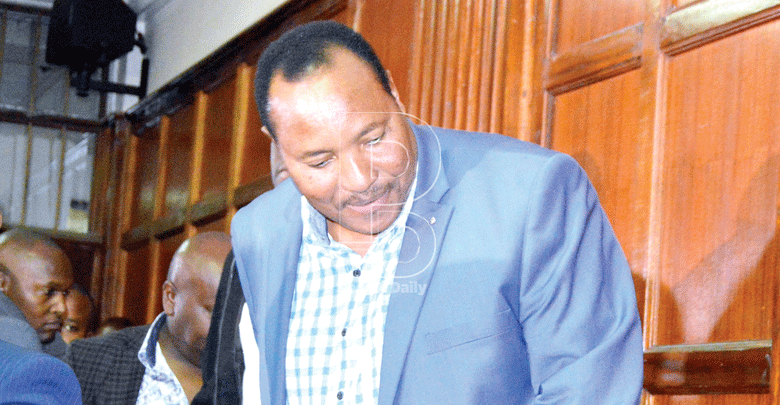Governor Waititu: Law must protect integrity of office

The impending move by the Office of the Director of Public Prosecutions to compel governors to keep off their offices while their graft and criminal cases are pending in court is a step in the right direction.
The move follows a magistrate’s order last week that Kiambu Governor Ferdinand Waititu desists from stepping into his office, along with other officers being investigated for economic crimes and other charges related to impropriety in procurement as well as abuse of office.
The landmark ruling will no doubt resonate well with taxpayers, who watch as suspects in graft cases continue to hold onto their offices and go about their duties as if nothing is amiss.
Granted, all individuals fingered for graft and related malfeasances, which go against public good, are presumed innocent until proven guilty. But to continue to hold office while investigations continue begs the question: whose interests are served in a situation like that?
What logic is there when an individual is charged before a court of law (which means there is what is referred in law as prima facie evidence against them) but they insist on holding office? It also means they get another perceived opportunity to continue with their unethical ways or to interfere and even threaten witnesses.
In such a scenario, the public will and interest is not only violated but the quest for justice and fair play is seriously subverted to the detriment of social welfare.
When the application of the law appears to favour or lean towards protecting the interests of a few at the expense of public good, it is time the true value of such laws is subjected to review.
Cases are legion in which public officers have faced charges of dipping their hands into the cookie jar. Now that a precedence of sorts has been set by the Waititu case, such officers should be compelled, through courts of course, to desist from stepping into their offices for the duration of their cases. Further, these cases must be heard and determined as soon as possible and the process of asset recovery initiated immediately.
In that respect, the assurance by Chief Justice David Maraga that special courts have been created to specifically hear graft cases is a breath of fresh air for a system that takes years to hear and conclude cases.
Such delays have created some degree of apathy among the public, who view the Judiciary with circumspection.








